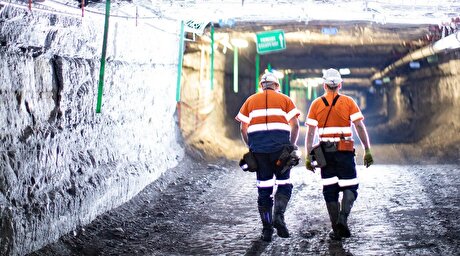
Viewpoint: Volatile Turkey a concern for EU exporters
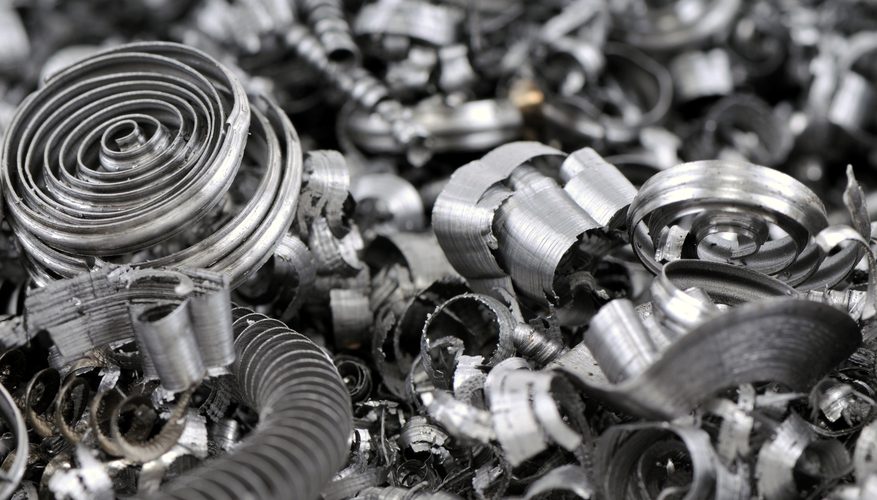
The Turkish import price spread has had a standard deviation of around 28 so far this year compared with around 21 in 2018, while the standard deviation for the import-delivered to dock price spread rose to 5.5 in May-December from 4.8 a year earlier.
The higher level of standard deviation for the price spread suggests exporters faced more difficulties setting dockside purchase prices accordingly to balance scrap flows and margins.
Exporters have been forced on several occasions this year to implement multiple large price adjustments in a short period of time at docks to boost or slow scrap flows because of Turkish mills' unexpected rise or fall in demand.
Exporters consequently sought destinations outside of Turkey and increased sales to Egypt and south Asia.
Shipments to Egypt accounted for close to 14pc of scrap exported to outside Europe from the Netherlands, Belgium and Germany in January-September, up from around 9pc a year earlier. Turkey remained the largest buyer but its market share fell to below 66pc from 70pc.
India, Pakistan and Bangladesh combined bought 805,000t in January-September from the Netherlands, Belgium and Germany compared with 554,000t a year earlier. Sales to these Asian countries are likely a combination of bulk and containerised shipments.
Turkish steelmakers' scrap demand will likely remain largely unpredictable next year because of the lira's volatility and rising protectionism around the world that limits mills' sales options and raises competition in their remaining markets.
European scrap suppliers should therefore continue efforts to diversify from Turkey in the new year. North Africa and Asia are the two most likely alternatives.
Several European suppliers already have a strong foothold in Egypt and Morocco, the two most popular scrap destinations in north Africa, and others will attempt to develop market shares in this region in 2020. Scrap demand from this region, particularly Egypt, is expected to remain healthy next year as the Egyptian ministry of trade in September set out a number of definitive safeguard tariffs for finished and semi-finished steel products.
But many European suppliers struggled to increase bulk sales to Asian countries outside of south Asia in the past 12 months as higher freight costs made them uncompetitive against other suppliers such as the US and Australia. The impending International Maritime Organisation 2020 sulphur caps on fuel could raise freight rates for Europe-Asia trips considerably compared with trips from the US and Australia because of longer voyage time, further weakening European suppliers' positions in the southeast and east Asian market.
0.5pc sulphur fuel in Singapore is priced at around a $200/t premium to 3.5pc sulphur fuel. And transit time between the Netherlands and Vietnam is around 20 days and 25 days longer than US west coast-Vietnam and Australia-Vietnam, respectively.
Argus tracked only one bulk scrap cargo to Vietnam from the Netherlands so far in 2019 compared with a minimum of three in the second half of 2018.
But the outlook for containerised sales to Asia is more bullish as India, Pakistan and Bangladesh are all expected to register further growth in scrap demand in 2020, thanks to strong steel demand in the region. The World Steel Association forecasts Indian steel demand to increase by 7pc on the year to reach 108.7mn t in 2020.
Containerised scrap sales to Malaysia, Singapore and Indonesia are also expected to rise, supported by an expected year-on-year growth in steel production capacity of close to 6pc.
By Chi Hin Ling


Eldorado to kick off $1B Skouries mine production in early 2026

Newmont nets $100M payment related Akyem mine sale

First Quantum scores $1B streaming deal with Royal Gold

Caterpillar sees US tariff hit of up to $1.5 billion this year
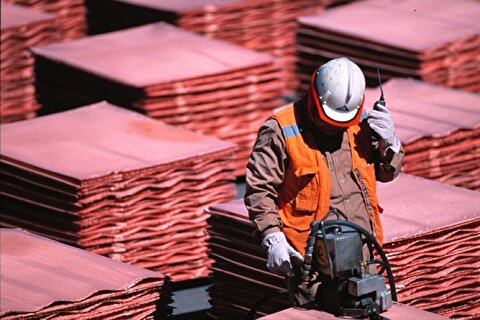
Copper price collapses by 20% as US excludes refined metal from tariffs

Gold price rebounds nearly 2% on US payrolls data

St Augustine PFS confirms ‘world-class’ potential of Kingking project with $4.2B value

B2Gold gets Mali nod to start underground mining at Fekola
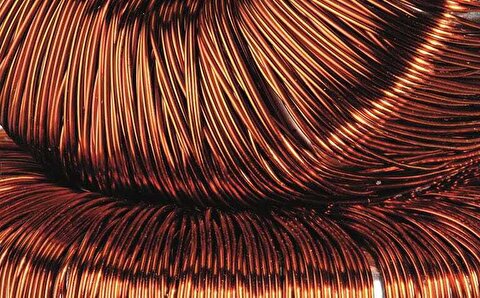
Copper price posts second weekly drop after Trump’s tariff surprise

NextSource soars on Mitsubishi Chemical offtake deal

Copper price slips as unwinding of tariff trade boosts LME stockpiles

SAIL Bhilai Steel relies on Danieli proprietary technology to expand plate mill portfolio to higher steel grades

Alba Discloses its Financial Results for the Second Quarter and H1 of 2025

Australia weighs price floor for critical minerals, boosting rare earth miners

Australia pledges $87M to rescue Trafigura’s Nyrstar smelters in critical minerals push

Fresnillo lifts gold forecast on strong first-half surge

Why did copper escape US tariffs when aluminum did not?
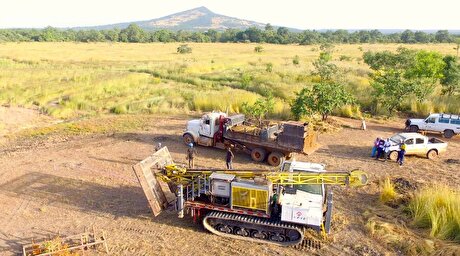
Fortuna rises on improved resource estimate for Senegal gold project

Caterpillar sees US tariff hit of up to $1.5 billion this year

NextSource soars on Mitsubishi Chemical offtake deal

Copper price slips as unwinding of tariff trade boosts LME stockpiles

SAIL Bhilai Steel relies on Danieli proprietary technology to expand plate mill portfolio to higher steel grades

Alba Discloses its Financial Results for the Second Quarter and H1 of 2025

Australia weighs price floor for critical minerals, boosting rare earth miners

Australia pledges $87M to rescue Trafigura’s Nyrstar smelters in critical minerals push

Fresnillo lifts gold forecast on strong first-half surge

Why did copper escape US tariffs when aluminum did not?

Fortuna rises on improved resource estimate for Senegal gold project














